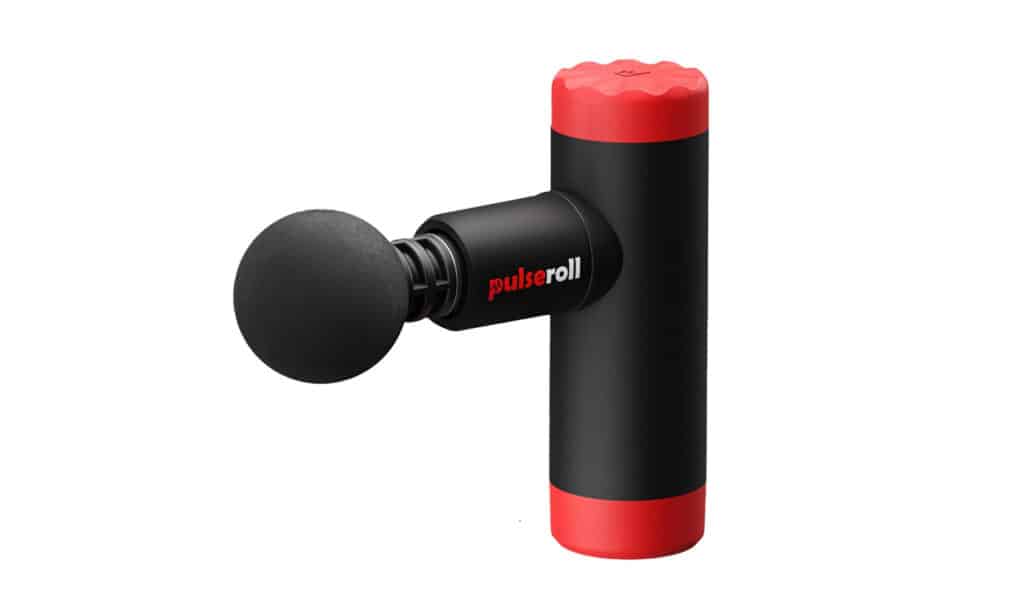


As a runner, you’re probably familiar with the importance of staying hydrated and fueling your body appropriately during your runs. But have you considered the potential benefits of using salt tablets during a run? In this blog post, we’ll explore what salt tablets are, whether they’re good for runners, and how to use them effectively to keep your body in peak condition.
Salt tablets are small, easy-to-swallow tablets containing primarily sodium, a crucial electrolyte that helps regulate fluid balance, nerve function, and muscle contractions. They can also provide other electrolytes such as potassium, magnesium, and calcium, which can be beneficial for athletes, especially during endurance activities like running. They typically have a higher sodium level than sports drinks, gels, and other fuel for runners.

During a run, runners can lose substantial amounts of sodium and other electrolytes through sweat. To replenish these electrolytes, maintain proper hydration, reduce the risk of muscle cramps, and potentially enhance overall performance, incorporating salt tablets into a running routine can be beneficial.
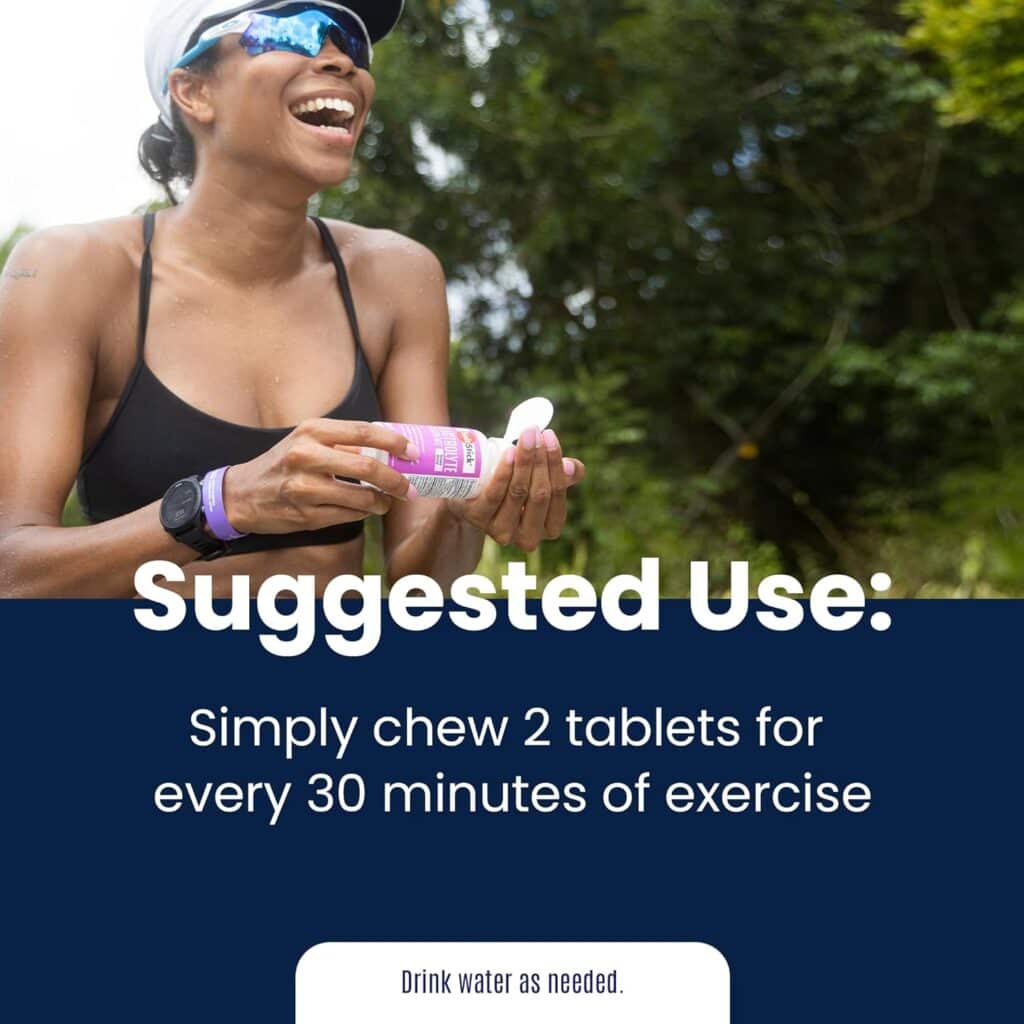
Salt tablets, also referred to as electrolyte supplements, can prove advantageous for runners, particularly those who experience profuse sweating during physical activity. Sweating can result in significant sodium depletion, leading to dehydration, muscle cramps, and fatigue. By replenishing lost sodium and maintaining electrolyte equilibrium, salt tablets facilitate hydration and support optimal performance.
Salt tablets, as the name suggests, are capsules containing a concentrated dose of sodium. They are specifically designed for runners to replenish the sodium lost through sweat.
The rate of sodium loss varies among runners, with those who sweat heavily losing approximately 1600 mg of sodium per litre of sweat. For such runners, traditional sports drinks may not provide sufficient sodium to replace these losses. Salt tablets can be a valuable addition, providing additional sodium alongside a sports drink. If you are someone who sweats profusely, it is advisable to start with a small amount of sodium supplement in conjunction with a sports drink (It is important to check the sodium levels in your sports drink before introducing salt tablets).
Some runners may prefer the taste of plain water over sports drinks. However, plain water does not contain electrolytes. Runners in this situation can rely on other sports nutrition products to obtain the necessary electrolytes. Salt capsules offer the sodium and other electrolytes typically found in sports drinks.
If you do not sweat excessively, do not experience cramping, and find a sports drink that suits you well, salt tablets may not be necessary. However, if you are participating in an ultra-marathon or multi-stage race, it may be wise to carry salt tablets as a backup in case you run out of sports drinks.
It is worth mentioning that salt tablets may not have a positive effect on all runners. Certain individuals may experience variations in blood pressure or a sense of discomfort when consuming salt tablets. Additionally, some may notice an increased thirst as sodium stimulates the thirst mechanism.
If you find yourself experiencing muscle cramps or dehydration during longer runs, or you sweat profusely, salt tablets might be a helpful addition to your running routine. However, it’s essential to consult with a doctor, nutritionist, or sports professional regarding your personal needs and recommended sodium intake.
Cramping is a multifaceted issue that presents challenges in scientific research. It is influenced by various factors and can be triggered by different mechanisms, with sodium levels being just one aspect. Certain runners may have a higher susceptibility to cramping. Overall, the study of cramping proves to be a daunting task.
However, many runners have reported that the use of salt tablets effectively alleviates cramping during endurance events such as ultra-marathons or Ironmans. When considering any supplement, it is important to carefully assess the potential risks and benefits. While salt tablets are not a foolproof solution for preventing muscle cramps, they do offer a relatively low-risk option, provided they are obtained from a reputable brand and used as instructed. If you frequently experience muscle cramps, it may be worth considering giving salt tablets a try.
Although salt tablets can help alleviate muscle cramps by replenishing lost sodium due to sweating, they do not guarantee a solution. Muscle cramps can also arise from factors such as muscle fatigue, improper electrolyte balance, and inadequate stretching.
When using salt tablets during a run, it’s crucial to consider your total sodium intake, dose for your individual needs, and stay hydrated. Consult with a professional to determine the appropriate dosing and frequency based on your specific running routines and physical condition.
Salt tablets for runners are not all the same. It’s important to check the ingredients to know how much sodium, chloride, and other electrolytes you’re taking in. Look for tablets that adhere to the World Health Organization (WHO) standards, which state that electrolyte supplements are only necessary when sodium levels drop below 135mmol/L.
The timing of taking salt tablets is also crucial. Taking them too far in advance may not have a significant impact on performance. It’s best to start with a small dosage and gradually increase it as needed.
Below are some expert tips on effectively consuming salt tablets:
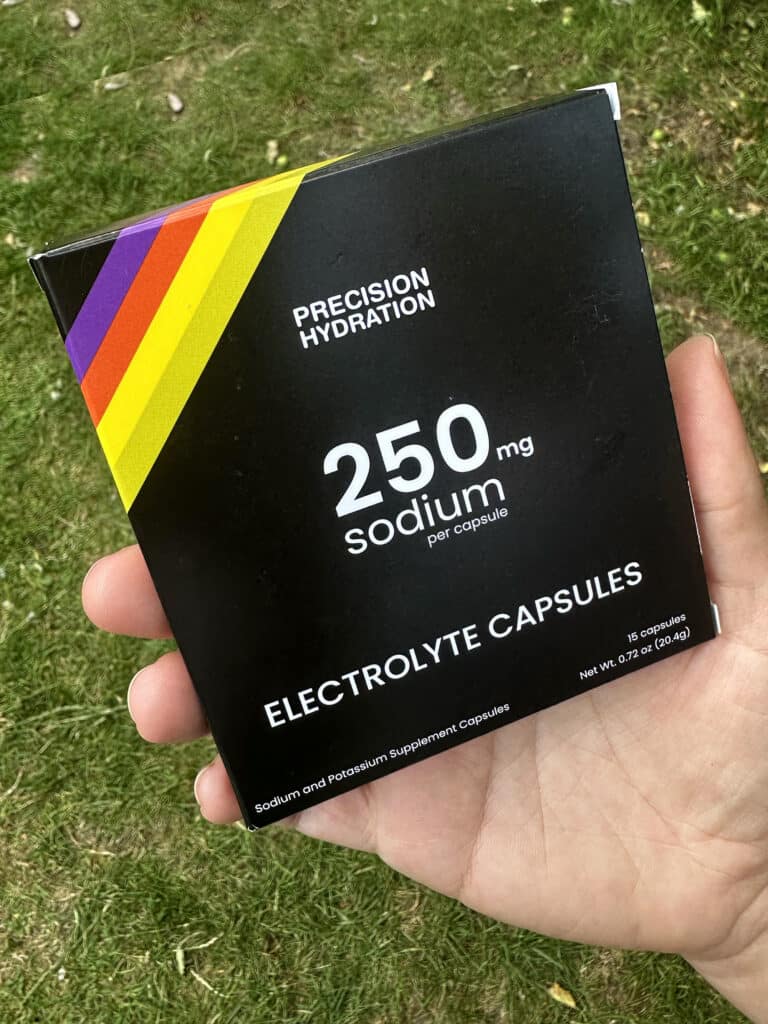
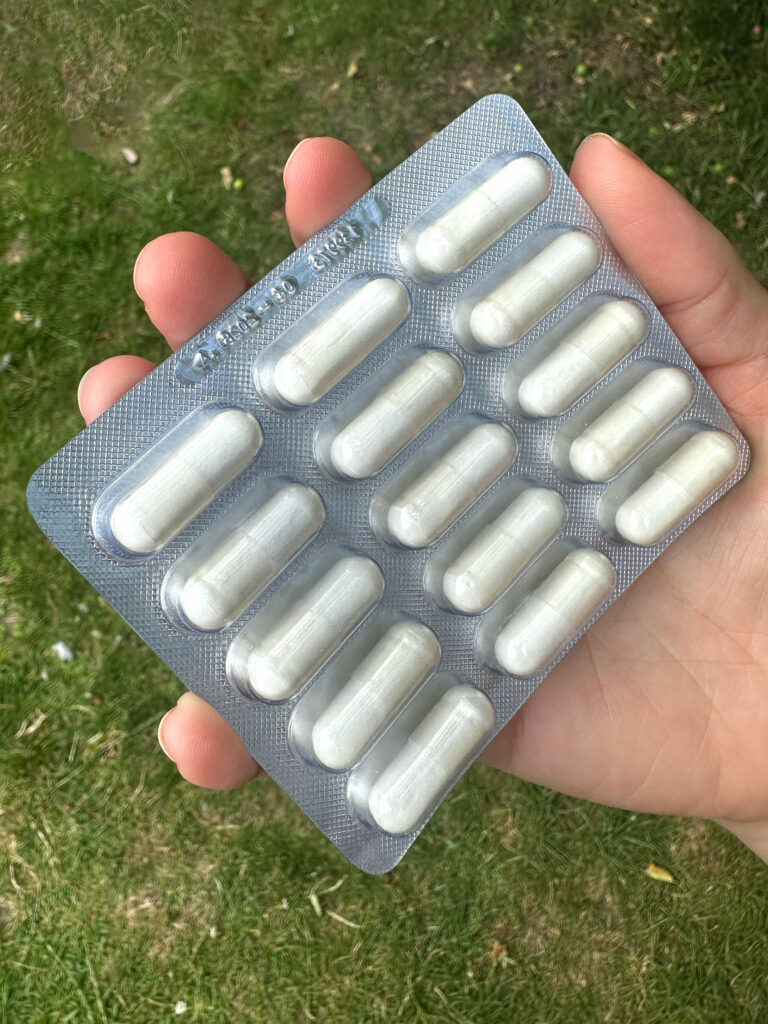
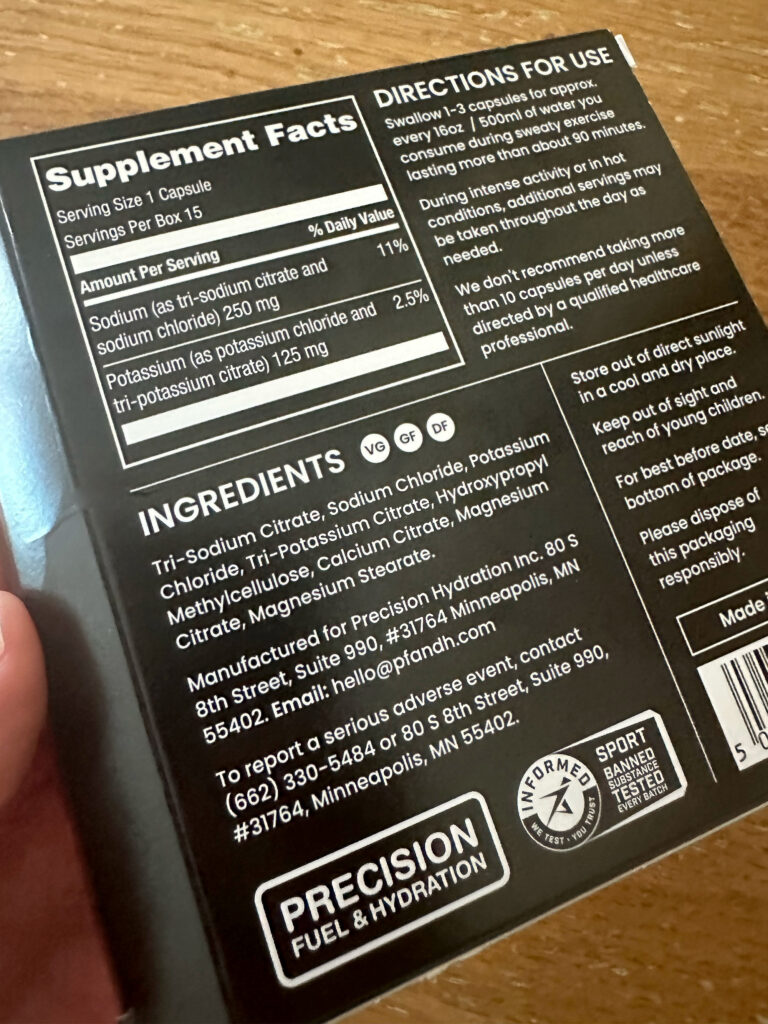
Timing for salt tablets can vary depending on personal needs, but generally, they should be taken either just before or during a run. Some athletes opt to take salt tablets at regular intervals, while others only use them when they begin to experience symptoms of dehydration or muscle cramping.
As a runner, your need for additional sodium is significantly higher. Let’s explore the scenarios in which taking salt tablets while running is beneficial:
Remember, incorporating salt tablets into your routine during these specific scenarios can help maintain optimal sodium levels and support your overall performance.
Salt tablets for runners are not necessarily essential, but they can be beneficial. While there are alternative ways to obtain sufficient sodium during your runs, such as through sports drinks, salt tablets can be a game-changer for those who require additional sodium or prefer not to consume sports drinks. These tablets offer multiple advantages for runners. They effectively replenish vital electrolytes, ensuring their balance during your run. Furthermore, salt tablets assist in fluid retention when needed, providing optimal support for hydration.
There are various salt tablets on the market, but choosing the right one depends on your personal preferences and nutritional needs. Some popular options include:
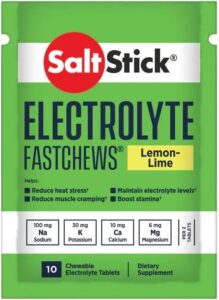
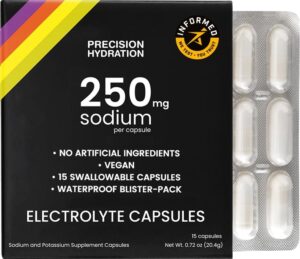
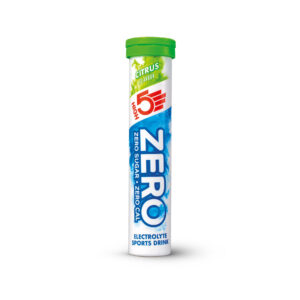
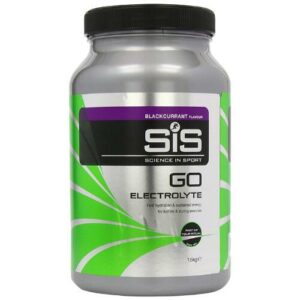
While salt tablets offer convenience, they are not the sole option for electrolyte replenishment in runners. The decision between salt tablets, sports drinks, or high-sodium gels ultimately depends on personal preference and individual sodium requirements. Theoretically, salt packets (250-300 mg per serving) could be used, but consuming a large amount of salt during a run is not particularly appealing. There are alternative options to consider:
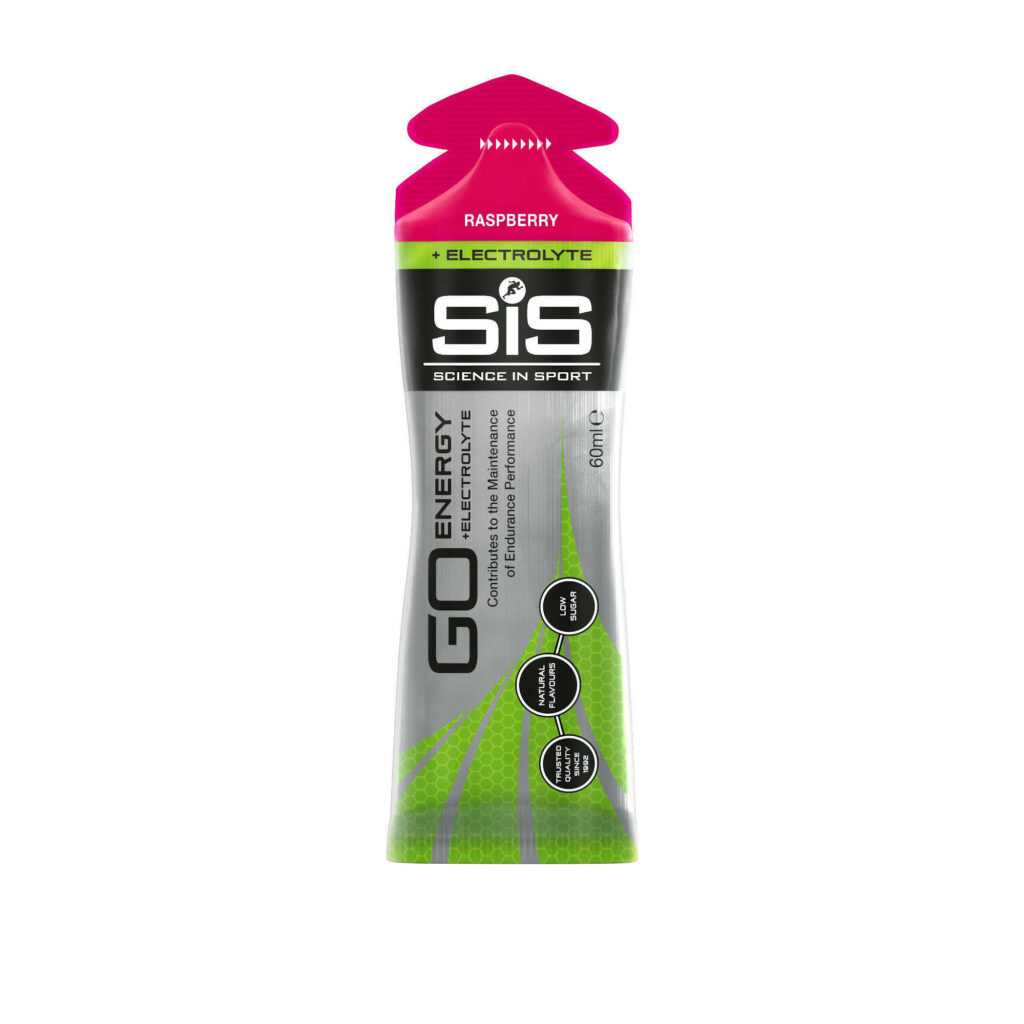
As with any supplement, it’s essential to be aware of potential side effects and precautions when taking salt tablets. These can include digestive discomfort, high sodium levels in the blood, and interactions with certain medications. It’s crucial to consult with a healthcare professional before adding any supplements to your routine. You may need to experiment to see how often you need salt tablets within the recommended range. One potential issue with sodium supplementation is the risk of overdosing, which can lead to hypernatremia – elevated levels of sodium in the bloodstream. Symptoms of hypernatremia include intense thirst, restlessness, muscle weakness, fatigue, confusion, seizures, and irritability.
While salt tablets may not be necessary for everyone, they can be a helpful addition to a runner’s toolkit, especially for longer runs or in hot weather conditions. Consult with a professional to determine whether salt tablets are right for you and how to incorporate them into your running routine safely and effectively.
We recommend the Saltstick Electrolyte FastChews. Why not give them a try and see if they make a difference in your performance?

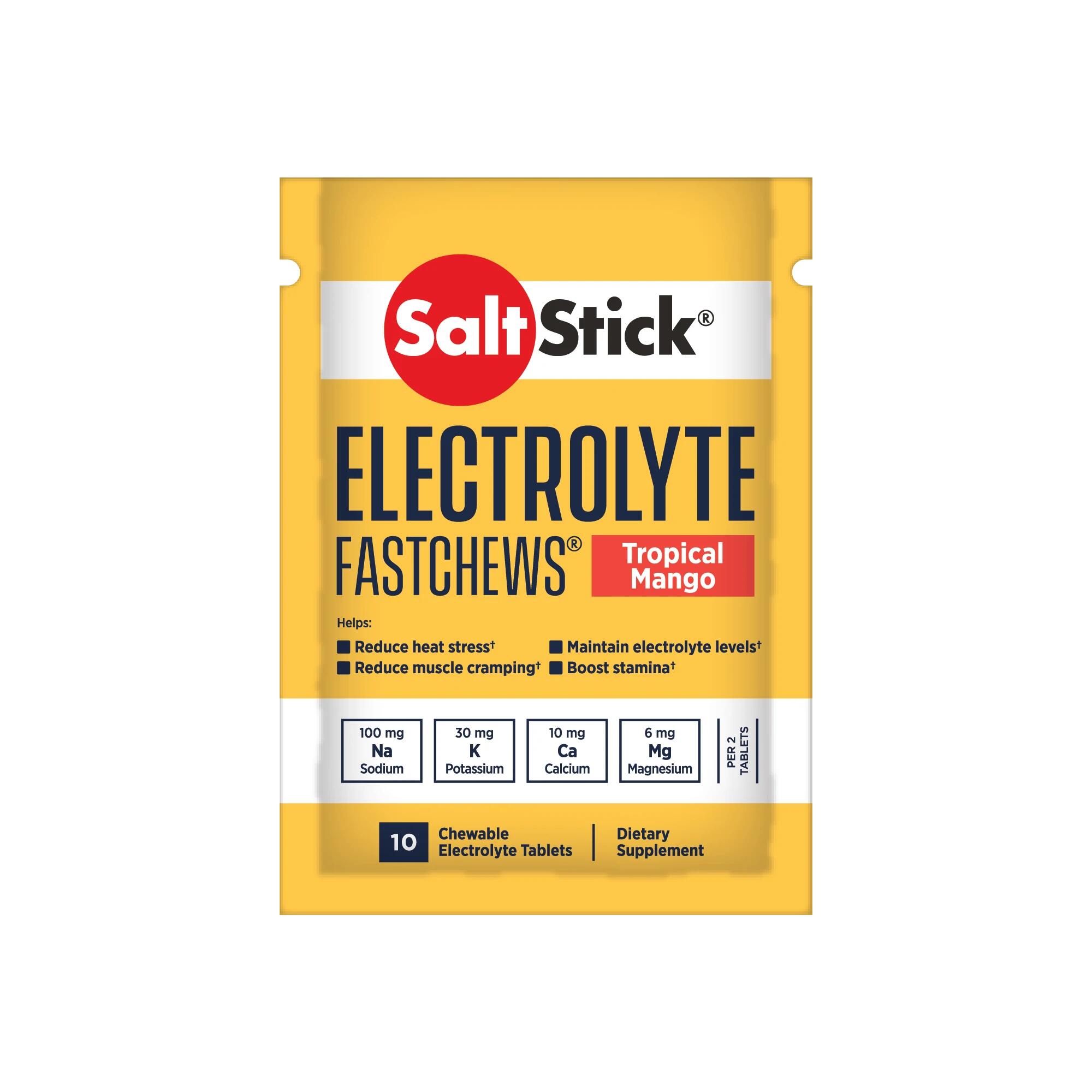
Remember, proper hydration and electrolyte balance are key to keeping your body in top shape and performing at your best as a runner! So next time you lace up for a long run, consider adding salt tablets to your fueling strategy and see if they make a difference in your performance and overall well-being.
For more tips on staying cool in the summer, check out this article – Tips for avoiding heat stroke while running this summer
Remember to consult with a professional before adding any supplements to your routine, and always prioritise proper hydration and electrolyte balance during your runs.
About this review:
We purchased these products with our own money. Our review contains affiliate links, where we may earn a small fee from a purchase. All our reviews are honest and fair.
Ready for a speedy marathon challenge? Take a read of our 4 hour pace marathon blog.
Join our mailing list to stay up to date with the latest UK running events, training tips, and exclusive offers on running products. Rest assured, we value your privacy and would never dream of selling your address. Sign up now…

Share this article
Are you struggling with IT band pain as a runner? You’re not alone. This guide...
In your training plans you say most weeks on the long run, to finish at...
This article focuses on training experience, not medical advice. When the hot flashes strike, motivation...
Set goals. Stay motivated. Achieve new personal bests. With expert guidance from Mike Gratton, winner...
For many people, running is seen as a way to improve physical health, lose weight...
I have a spring marathon, I’m a beginner and never done a marathon. I see...
We’re here to make sure you’re up-to-date with the latest running tips, events and product discounts – we’ve always got your back! Rest assured, we value your privacy and would never dream of selling your address.
BONUS: Sign up today and receive a FREE code for our Sub-4-Hour Marathon Plan
Your privacy settings
Manage Consent Preferences
Necessary
Analytics
Embedded Videos
Marketing
Facebook Advanced Matching
Facebook CAPI